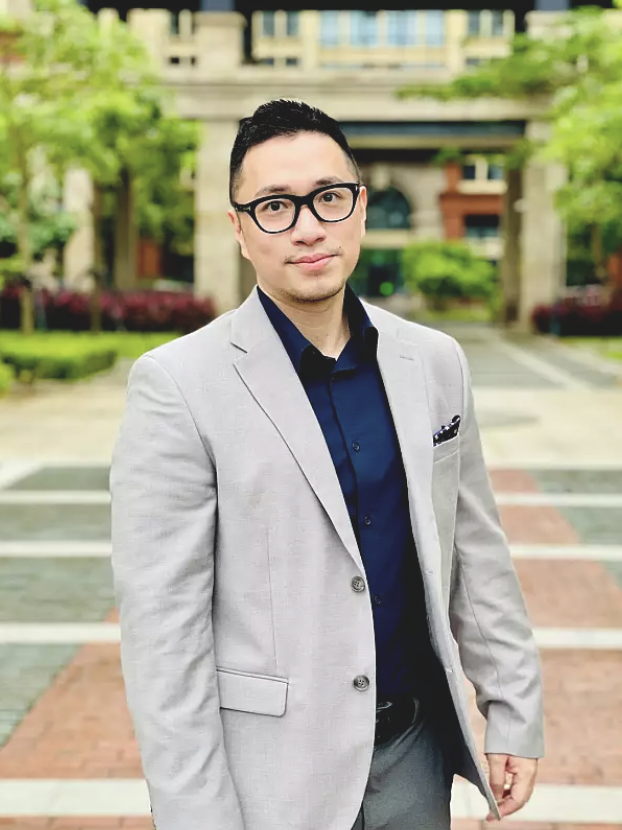Organizer: Institute of East Asian Studies at UC Berkeley
Type/Location: Virtual
Description:
Chinese Filipinos have historically been implicated in a prejudicial politics of recognition within the Philippine postcolonial state, which has attempted to forge a national identity through problematic notions of ethnic and cultural purity. Nationalism as a tool of the state to foment social unity has incongruously led to the production of exclusionary discourses and collective anxieties against the Chinese in the Philippines. From colonial times to the present, this ethnic minority has been positioned by the state as an entity that requires continuous surveillance. The Chinese Filipinos’ allegiance to the state has continuously been undermined and called into question. The lingering distrust between the Chinese Filipinos and the nation-state created obstacles to the affirmative politics of cultural assimilation and belonging. Their complicated position continues to persist even after the formal decolonization of the Philippines and the mass naturalization efforts in the 1970s. They found themselves subjected to crime, government apathy, and discrimination. I consider this a manifestation of what Frantz Fanon calls the pitfalls of national consciousness, replicating the forms of exclusion that existed during the period of colonialism. This discussion seeks to examine enduring fears and anxieties about ‘Chineseness’ that widely circulate in the Philippine social and cultural imaginary. Specifically, I will revisit films such as Joel Lamangan’s Mano Po (2002) and Chito Roño’s Feng Shui (2004) to further elucidate on the issue.
Joseph Ching Velasco, Ph.D. is an associate professor of the Department of Political Science and Development Studies of De La Salle University, Manila. He is currently the Managing Editor and former Editor-in-Chief of the Asia-Pacific Social Science Review. He completed further studies in international relations and public policy at the University of Macau. His works have appeared in journals such as The Pacific Review, Asian Ethnicity, Australian Journal of International Affairs, and Pacific Focus. His recent work explores the critical junctures of culture, politics, and foreign affairs with particular attention to the geopolitics of the Indo-Pacific, ethnic Chinese communities in Southeast Asia and the Philippines, and local cultural politics.
Registration:
To register, click here.

